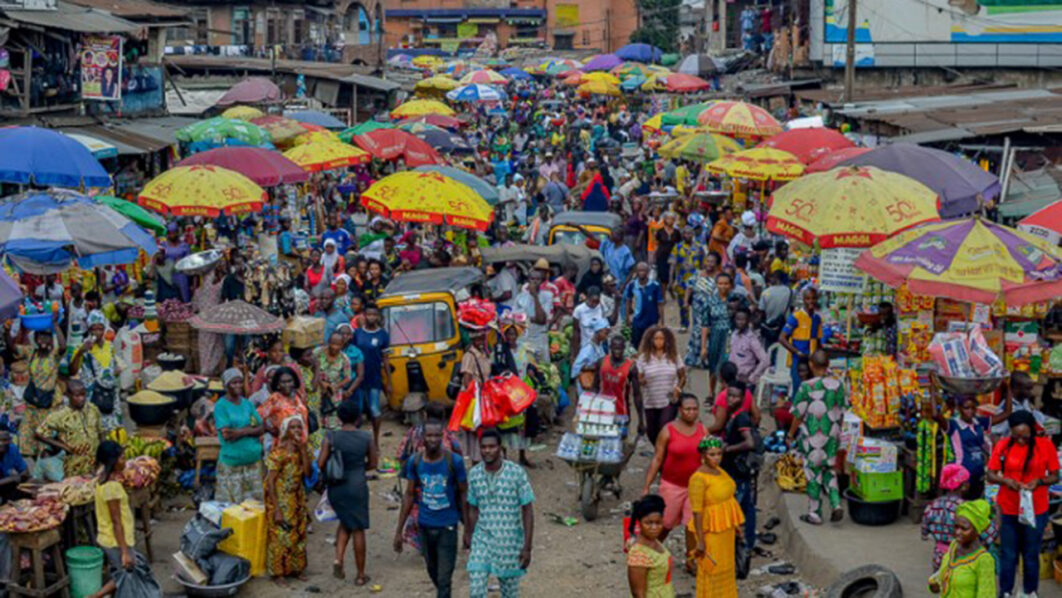
Political or governance norms assist or hinder economic performance of a nation. These norms include transparency, equity or fairness, rule of law, participation, responsiveness subsidiarity and accountability to mention a few. Political structures create or undermine economic opportunities. Even leaders in every community could leverage resources from their domain by mobilising the community resources through the engagement of the community development strategies.
Ditto at the state and local levels but this has not been the case as the focus of most operators in our current political system is on how to suck from the same feeding bottle of federally shared revenue on a monthly basis. By contrast, in the first Republic each Region and community sought to mobilise their local economies as is standard in most advanced and modernising nations of the world.
According to the World Bank, the current Nigerian political leadership inherited a country that under the preceding leadership of President Mohammadu Buhari witnessed the reversal of the 16 years of all the economic gains made by his predecessors—Olusegun Obasanjo, Umaru Yar’Adua and Goodluck Jonathan from 1999 to 2015. This resulted in lowering of the country’s Gross Domestic Product (GDP) by one third of its value within that period. The new government came to power in May 2023 with two shock policies that it hoped would set the economy on the right path.
The country’s currency, naira was floated to find its global market value leading to sharp devaluation and the removal of the highly controversial oil subsidy. The immediate result was that the citizens had to pay more for their most basic transportation needs with more naira at the time when the price of refined oil had gone through the roof.
While these resulted in huge windfalls for the NNPCL (the parastatal declared its highest profit in its history of $9.29 billion for 2023 compared to $4.1 billion in 2022) and her collaborators in the private sector, it brought widespread immiseration to the public at large.
Clearly the medicine looked much worse than the initial sickness. The economy went into a tail spin and was further worsened by the widespread insecurity all over the country that made production by ordinary farmers and small scale operators difficult if not impossible for the masses of ordinary producers. By contrast, supporters of the government argued that the country’s economic parameters have improved.
IMF projected that Nigeria’s GDP would grow by 3.1 per cent and that Nigeria recorded a trade surplus of N6.52 trillion in the 1st quarter of 2024. Of course, in the face of severe devaluation of the naira these figures must be taken with a pinch of salt and later on the IMF revised its projections downwards.
There’s no doubt that the government’s claim that these reforms were necessary has substantial support. However, the real challenge the introduction of these two new major economic policies represented lost opportunities to revamp our economy by the current government.
First, not much emphasis was placed on supporting policies that would boost local production so the reliance on imports would be reduced if not eliminated. Second and as noted in my first instalment the widespread insecurity should have been seriously addressed by all the levels of governance with the federal government inspiring and leading the charge.
The fact that security was much better secured through the operation of multiple security units in the country especially by the decentralised structures should have been the opportunity to link and move in this direction given the huge investment in stronger units of local governments since 1976 throughout the country. Unfortunately, the federal government relied heavily on the centralised military and para military apparatuses.
The result has been counter productive—these units do not have sufficient number of persons for the task. Worse still these federal security apparatuses themselves have succumbed to high levels of systemic corruption and malfeasance that actually fuel insecurity nationwide. They also refuse to support and synchronise with the available security apparatuses in the states and local communities. Fortunately, a few governors both in the northern and southern parts of the country began to engage parallel security units with outstanding results.
Third, these reforms could have shamed the corrupt and increased the cost of corruption for its promoters especially those associated with oil bunkering, the controversial subsidy scam, compelling them to release their ill-gotten wealth. These would also have served as support and solidarity between the citizens and the governed. It would have also sent a positive message to the populace that this is a government that has strong emotional intelligence and empathy for the public.
Fourth, the reforms provided another opportunity to sharply reduce the cost of governance. Instead the impression exists that more ministries have been created under the present administration and unlike what happens in other countries, the salaries and perquisites of the governing elites have been increased while the masses had to campaign for raises in their basic incomes before this was conceded.
This exists to complement what is seen as two systems of justice for the citizens of this country: one for the rich and another for the poor. Poor citizens rot in jail with their cases not heard for several months of years when the rich get expedited hearings on their cases with different members of the judiciary giving conflicting judgments on the same cases at times on the same day!
In spite of some fine work by EFCC, the cost of corruption is practically nil for the rich corrupt in these circumstances as they seem to have sufficient funds to buy justice. Impunity exists for the rich corrupt while the poor are hounded for protesting their immiseration and impoverishment in a democracy.
To be continued tomorrow.
Olowu is a former Professor of Public Policy and Management and Continental Overseer Emeritus, RCCG,Netherlands.






